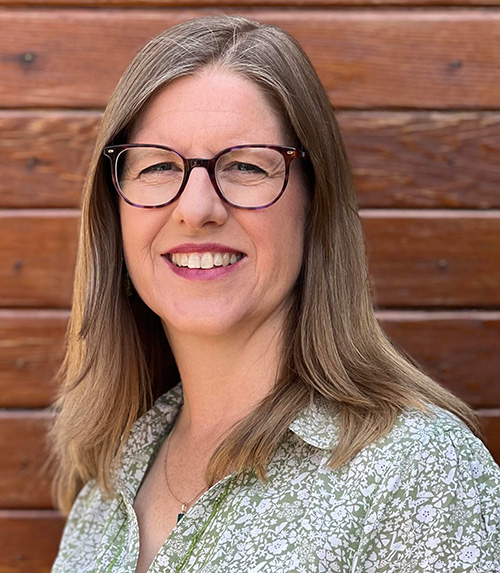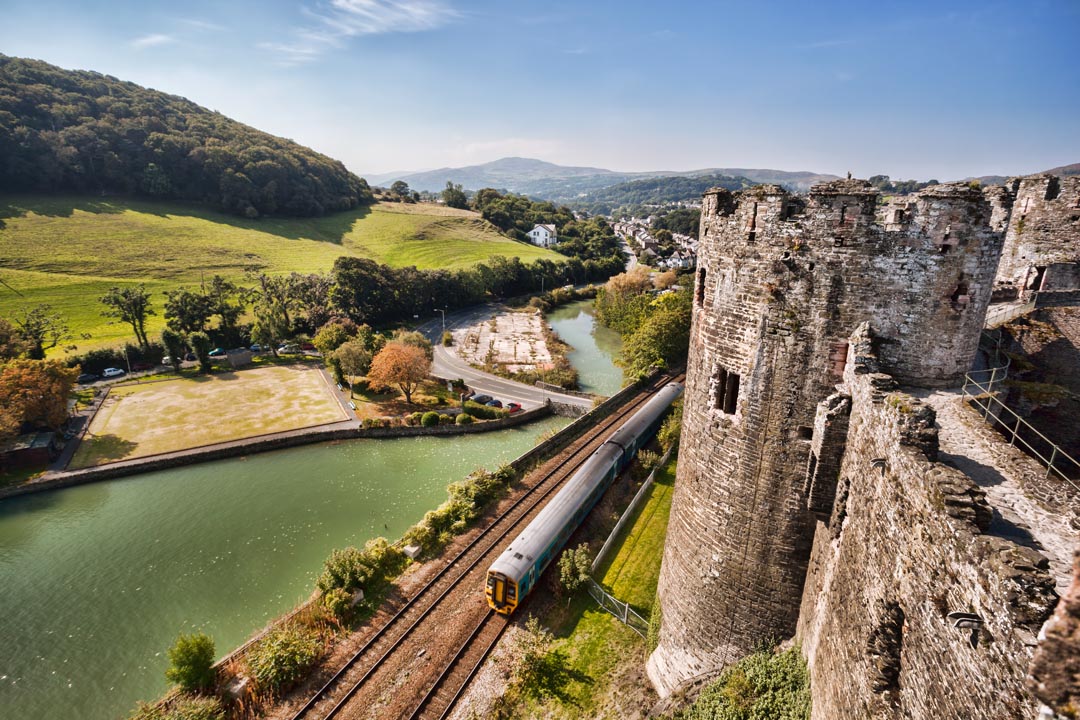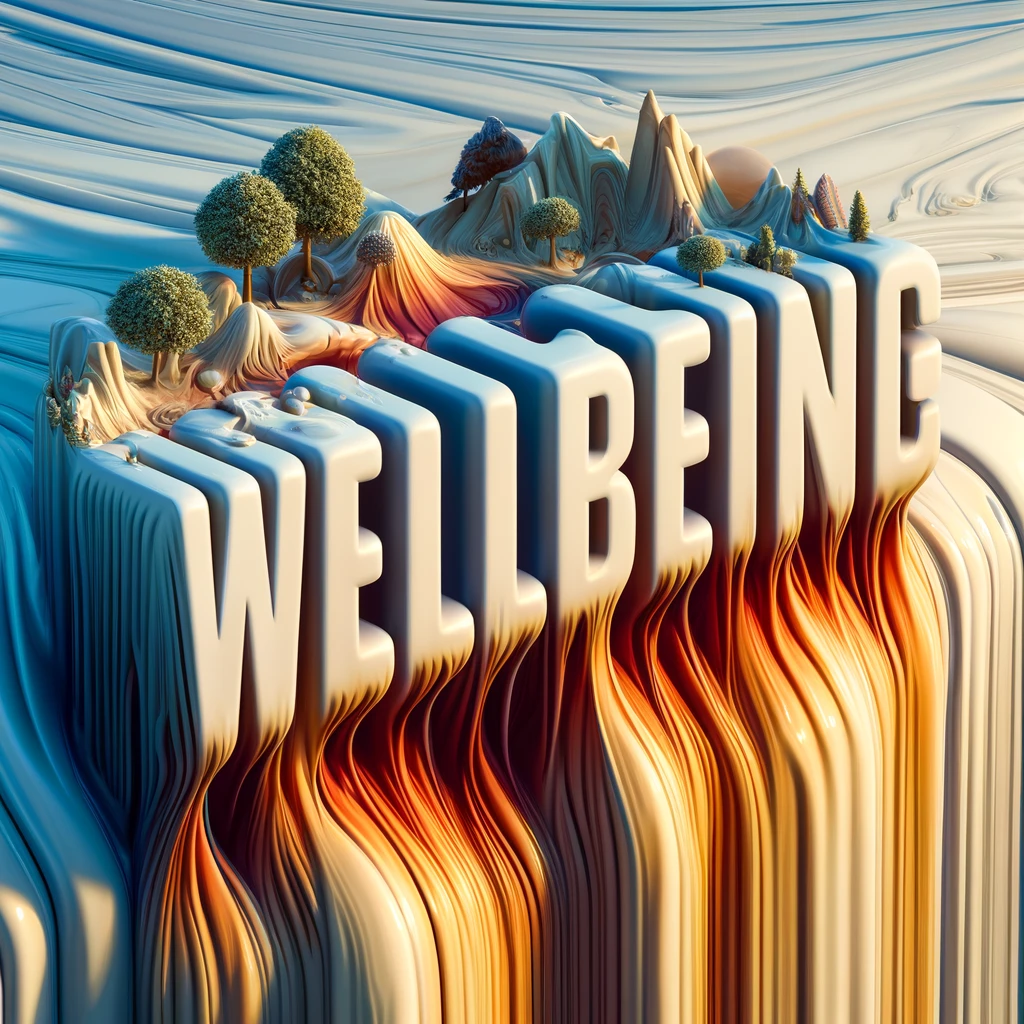If you have a detour, do you make the most of it? Michelle Parry-Slater did and reflects upon her experience
I turned up to a station in the West of England to catch a train north. Apparently, it was a strike day. The only trains running were Transport for Wales. Never one to miss an opportunity, even if I am missing a train, I travelled West then travelled North through Wales and back into England. Certainly the long way around, but the only route available. It was slow and frustrating although I got there in the end. Of course, as ever, I cannot help but equate my experience to learning. When the direction of travel is not the road normally travelled it can really shake people. But when the view through Wales is as beautiful as it was, why wouldn’t you want to take the long road? Learning, like life, is the journey, not the destination.
Learning journeys that stick
The journey via Wales took four hours longer than the regular route. Is the shorter route always the best way? Spaced retrieval practice requires us to revisit and revisit, to take the long road to behavioural change, unlearning what we know and relearning what is new. And that is hard graft. The pleasant scenery along the way is more than simply lucky. When we create an environment for learning which is appropriate, pleasant, conducive to creating good memories with strong emotional bonds, it is then learning sticks.
In Make It Stick by Brown, Roediger & McDaniel, we are reminded of factors which play a part in neurogenesis, which is the brain’s ability “to generate new neurons throughout life” and that “IQ is a product of genes and environment”(p 172-173).
Creating true learning experiences, not simply something someone travels through, is where the learning really lives. I could have sat on the train and let it all pass me by. However I couldn’t help think of a journey which was troubling me far more than this four hour detour.
From one journey to another
As I was travelling through a pleasant environment, I thought about the ‘travel’ difficulties I am having with someone I’m working with. They are from an entirely different discipline, and the road ahead seems long. They are a top professional in their field, and quite exquisitely brilliant and talented. But they go about the work all wrong. At least, all wrong compared to how I do my work. They are wordy, ultra-organised, and include tonnes of academic references. I am much more in the moment, practical, pragmatic, and thrive on ‘doing’ stuff. So they are doing it wrong and travelling the wrong journey… aren’t they?
There are always other ways to do things than the way you choose. And there are always judgements against your way compared to others. Is my colleague wrong because they don’t think like I do? Am I as practical as I think I am? Do I need to be more academically evidence-based, rather than in practice evidence-based? Am I wrong because my way is recognition-primed evidence? Do I simply need to be more organised? So many questions as the train chugged along.
More than the sum of its parts
Of course comparing yourself to others directly isn’t useful. Everyone has strengths and bringing those into a team is what makes teams rock. We simply cannot have effective teams if we group think our way through work. There are many ways to crack an egg. But it isn’t always easy to find an equilibrium, to invite the voices in. Isn’t part of a great working relationship accepting of the variety of thinking from others? David Marquet talks about how he realised one brain is not enough and 134 brains are better than his one. I always love working with brilliant brains. Thus accepting the variety and looking for ways to make an omelette together is surely the way to create something better at work.
Since studying Nancy Kline’s The Thinking Environment with Meg Peppin, I use appreciation to bring me closer to those I do not understand or who offer a different perspective. There are always multiple routes to the same goal and it is so much more interesting travelling the long route with someone with a different perspective or experience. There is a lot of rich learning in that alone. When working with my colleague, we actually complement each other well. When I get over-enthusiastic and jump ahead, they remind me of the value of solid decision-making. When they get bogged down in thinking, I offer creative solutions to explore the practical choices ahead. We are two sides of the same coin, and that is excellent for results.
Finding your path
An organisational learning offer which suits your learners is the only journey they will willingly make. The journey they need to make may not be your preference or chosen route, however making space for their needs is our job. Are you embracing different approaches? Are you offering learning in a way that suits you, your organisation or your learners? Are your learners getting to the learning destination exhausted after a long journey, or buoyed by travelling alongside others? A four hour detour, some good thinking, appreciation and writing this blog made for a great trip through Wales for me. Sometimes, we just have to find another way.

Michelle Parry-Slater, is director of Kairos Modern Learning and author The Learning and Development Handbook




